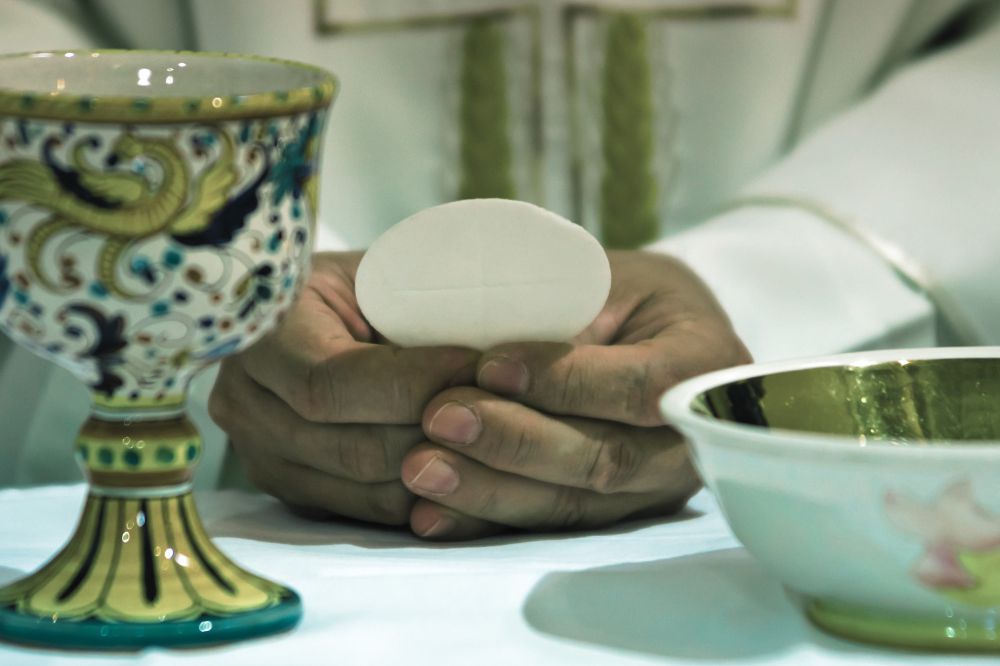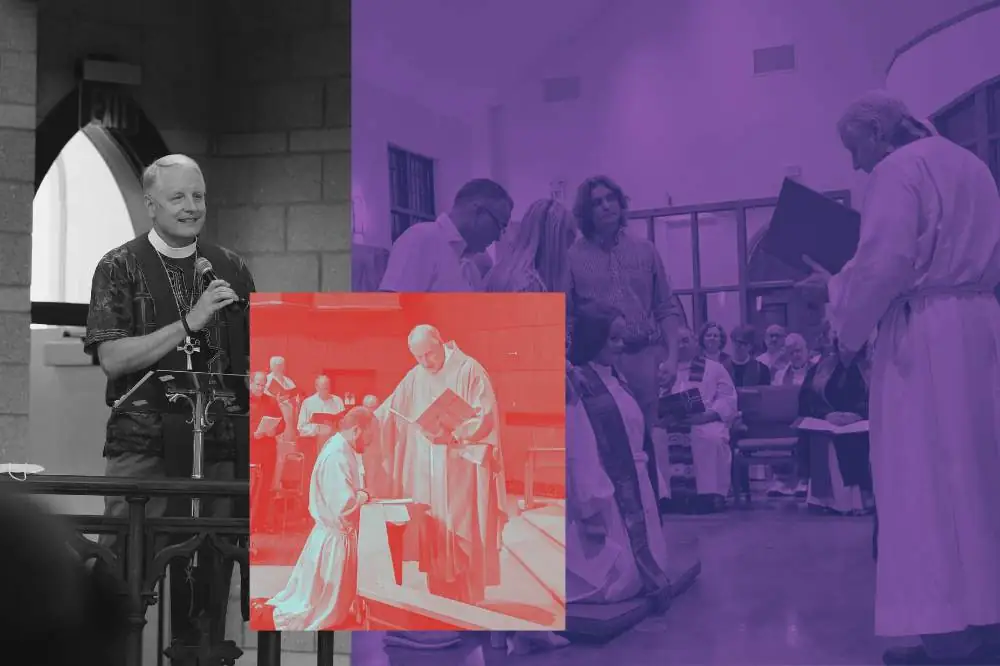So what is a SAM? It stands for “synod authorized minister.” Usually, it’s a layperson who applies to the synod’s program of lay preaching under the larger category of Advanced Lay Ministries and then goes on to complete further training to be available for potential assignment to a quite small congregation. Because most of these small congregations cannot pay a rostered minister—and certainly not full-time and with benefits—a SAM assigned by the bishop of a synod can be a viable option for worship leadership and congregational care, including sacraments.
Because, of course, all laypersons can give care and even from time to time preach or lead Bible study, the reality within our Lutheran polity that is “authorized” for a SAM means sacramental permission. This permission, when granted, is for no more than one year (possibly renewable) and valid only in that particular place/congregation.
Because this whole SAM concept is new to our synod, here’s a list of what a SAM is not:
- ordained
- rostered
- a professional minister. While they are compensated, they usually have (or had) a regular vocation.
- able to officiate at weddings in N.C., since our state law specifically allows for officiants who are “ordained ministers.”
- a “fix” for the congregation’s challenges that contributed to their being so small in the first place.
- an excuse to avoid shared ministry arrangement conversations among congregations because “we want our own minister.”
- someone who can take their SAM status on the road and preside at sacraments wherever invited.
- the synod’s or the ELCA’s plan to replace clergy at a fraction of the cost.
- transferrable from one synod to another (at this time).
- regularly appointed for just one Sunday at a time in case the pastor is on vacation.
- forced on a congregation by the bishop. Congregations have the ability to accept or deny the appointment, as do the SAM candidates themselves.
- available to a congregation that can afford to call a rostered minister.
Having just spent a weekend with this most recent cohort of SAM candidates, I can also tell you what SAMs are:
- part-time. These positions are not designed or expected to do everything a clergyperson might do.
- always preparing and always ready. Think National Guard. Only from time to time is the Guard called up or deployed for a task for a set period of time. SAMs are the same. While serving under the bishop’s appointment, a person is a SAM. In between or awaiting appointments, the person is approved to be a SAM but is only actually a SAM during the specified appointment period and in that specific location. When that appointment runs out, the person is once again a SAM candidate.
- educated. The two-year program includes intensive (weekend) courses in Theology, Old Testament, New Testament, Preaching, Worship, Sacraments, Discipleship and Leadership, and Governance/Polity.
- exceedingly faithful people who see ministerial needs, usually beyond their own congregation.
- gifted and called to help in this specific ministerial way, including sacramentally, for a season.
This church continues to change, and we in the synod office are doing our best to adapt and continue to prepare persons—ordained, called, and otherwise—to fill pulpits, provide sacraments, and give care. Thanks be to God!
Walking with you,





